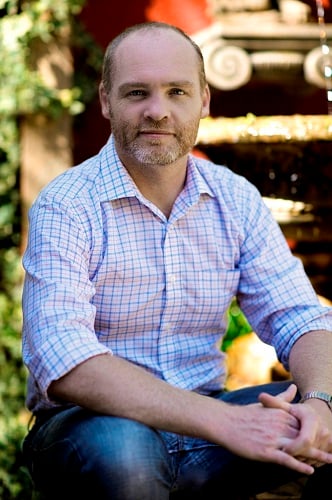
When I started to write this piece one week ago it was off the back of the Network Ten announcement that Ian Thorpe had sat down to do an exclusive interview with Sir Michael Parkinson.
Parky had come out of retirement and was quoted as saying who wouldn’t jump at the chance to have a one-on-one with the best swimmer of all time.
In it, we were promised, ‘nothing’ would be off-limits.
Here we go again, I wrote, another overhyped feature in which the chat will tantalisingly touch on his sexual identity and he will, again, state that he is not same-sex attracted.
I’d written that as a gay man I was beginning to feel that my own identity was being targeted, that constantly pushing adults to disclose who they preferred to have sex with was invasive and tiring.
And inappropriate.
Then I went on to say that what this amounted to in Ian’s case was bullying and harassment. Behaviour, by others, which can lead to so many adverse consequences for the person, or people, who are the subject.
But today it is a whole new story.
Within the past 24 hours a Channel Seven football commentator, Brian Taylor, has been roundly condemned for calling star Geelong player Harry Taylor ‘a big poofter’.





























































































